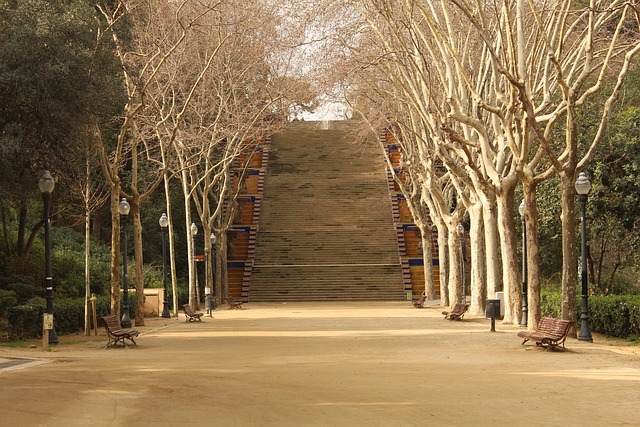random roulette wheel 😃 The Allure of Chance: Exploring the Dynamics of Random Roulette Wheels

The Allure of Chance: Exploring the Dynamics of Random Roulette Wheelsrandom roulette wheel
In the world of games and probability, few phenomena capture the imagination quite like the roulette wheel. This iconic device, a staple in casinos across the globe, serves not only as a source of entertainment but also as a fascinating subject of scientific inquiry. The interplay of chance and skill, the mechanics of the wheel, and the psychological aspects of betting combine to create an environment ripe for exploration. As we delve deeper into the workings of the random roulette wheel, we uncover insights that extend beyond mere gambling, touching on broader themes of randomness, probability, and decision-making.
At its core, the roulette wheel operates on principles of randomness and probability. Each spin of the wheel is an independent event, meaning that the outcome is not influenced by previous spins. This fundamental characteristic is what makes the game both thrilling and bewildering. Statistically, the wheel consists of numbered slots, typically ranging from 0 to 36 in European roulette and adding a 00 in American roulette. The placement of the ball, following the spin of the wheel, introduces an element of unpredictability that keeps players engaged.
From a scientific perspective, the study of randomness is a rich field that has implications far beyond the confines of a casino. Researchers in mathematics and statistics have long been fascinated by the properties of random events, leading to the development of various theories and models. The randomness exhibited by the roulette wheel serves as a practical example for the exploration of more complex systems, including those found in nature, finance, and even social behavior. In this sense, the roulette wheel becomes a microcosm for understanding the broader implications of chance in our lives.
Moreover, the psychology of gambling adds another layer of complexity to the roulette experience. Players often exhibit a range of behaviors driven by cognitive biases and emotional responses. The allure of potential winnings can lead individuals to develop strategies based on past outcomes, despite the independence of each spin. This phenomenon, known as the gambler's fallacy, illustrates how human intuition can sometimes clash with mathematical reality. Understanding these psychological dynamics is crucial for both players and operators alike, as it shapes the overall environment of the gaming experience.random roulette wheel
The design and mechanics of the roulette wheel also play a significant role in its appeal. The visual allure of the spinning wheel, the clinking sound of the ball bouncing between slots, and the anticipation of the outcome create a sensory experience that is hard to replicate. Moreover, advancements in technology have introduced digital versions of the game, expanding access and enhancing the player experience. These innovations not only cater to a growing audience but also provide new avenues for research into player behavior and engagement.
Despite the challenges and risks associated with gambling, there is an optimistic narrative surrounding the roulette wheel and similar games. For many, these games represent a form of entertainment and social interaction, fostering connections among individuals. The thrill of placing a bet, the excitement of watching the wheel spin, and the joy of winning—however fleeting—create memories that can last a lifetime. In this light, the roulette wheel transcends its role as a mere gambling device and becomes a catalyst for shared experiences and stories.random roulette wheel

Furthermore, the principles underlying the randomness of the roulette wheel can be applied to real-world scenarios, encouraging a positive approach to uncertainty. In life, as in roulette, outcomes are often unpredictable. Embracing the randomness of existence can lead to a more profound understanding of risk and reward. This perspective encourages individuals to take calculated risks and to appreciate the journey of decision-making, rather than merely focusing on the end result.random roulette wheel

As we continue to study and engage with the roulette wheel, it becomes increasingly clear that there is more to this game than meets the eye. The intersection of chance, psychology, and design offers a wealth of knowledge that can inform various fields of study. From mathematics and psychology to sociology and economics, the insights derived from the dynamics of the roulette wheel resonate far beyond the casino floor.random roulette wheel
In conclusion, the random roulette wheel stands as a symbol of the intricate dance between chance and choice. It invites us to explore the nature of randomness, to reflect on our decision-making processes, and to embrace the unpredictability of life. While the thrill of gambling may be a primary draw for many, the scientific and philosophical implications of the roulette wheel remind us that there is much more at stake. As we spin the wheel, we are not just participants in a game; we are explorers in a world where chance reigns supreme, and the possibilities are endless.
Fale conosco. Envie dúvidas, críticas ou sugestões para a nossa equipe através dos contatos abaixo:
Telefone: 0086-10-8805-0795
Email: portuguese@9099.com


